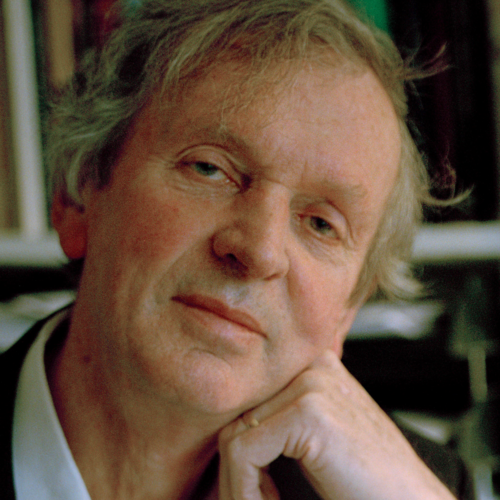
Rupert Sheldrake (GBR)
Biologist and author
Rupert Sheldrake is a biologist and author of more than 100 scientific papers and 9 books, and the co-author of 6 books. He is widely recognized for his innovative contributions to the field of biology and his exploration of unconventional scientific concepts. His books have been published in 28 languages.
Rupert is perhaps best known for his theory of morphic resonance, which suggests that there is a collective memory inherent in nature that shapes the development and behaviour of organisms. This concept challenges traditional scientific paradigms and has sparked lively debates within the scientific community.
He studied natural sciences at Cambridge University, then studied philosophy and history of science at Harvard University, before returning to Cambridge, where he took a Ph.D. in biochemistry in 1967. He held a Research Fellowship at Clare College, Cambridge, and later served as a Director of Studies in biochemistry and cell biology. His scientific endeavours have always been marked by a curiosity that transcends conventional boundaries. In the 70´s and 80´s, Rupert worked in India where he also lived at an ashram for a year and a half. There he wrote his first book, A New Science of Life. His stay in India opened new spiritual horizons for him that shaped his later research.
For ten years running, he has been recognized as one of the 'most spiritually influential living people in the world' by Watkins Mind Body Spirit magazine. His work has been featured in many magazines, newspapers and broadcast media, including New Scientist, The Guardian, Discover magazine, The Spectator, The Washington Post, Die Zeit, and on BBC Radio and television.
The Science Delusion
19. 7. 2024 18:00 - 19:00
It is possible to purchase a seat reservation for this performance.
How can science be freed from the dogmas that have defined it from the very beginning? British scientist, author of Morphic Resonance Theory and a number of popular science books, Rupert Sheldrake, personifies the exceptional combination of natural sciences with philosophy and spiritual teachings. He is ready to elegantly question everything you have thought about the world and your life up to now.
Nature´s Memory & Morphic Resonance
20. 7. 2024 15:00 - 16:00
It is possible to purchase a seat reservation for this performance.
Why do many phenomena defy the explanations of conventional biology and physics? Rupert Sheldrake describes this process as morphic resonance: the past forms and behaviours of organisms influence organisms in the present through direct connections across time and space. Calling into question many of our fundamental concepts about life and consciousness, this reinterprets the regularities of nature as being more like habits than laws. Rupert´s books might change the way you see the world.